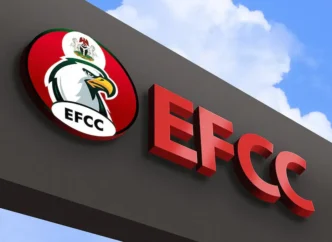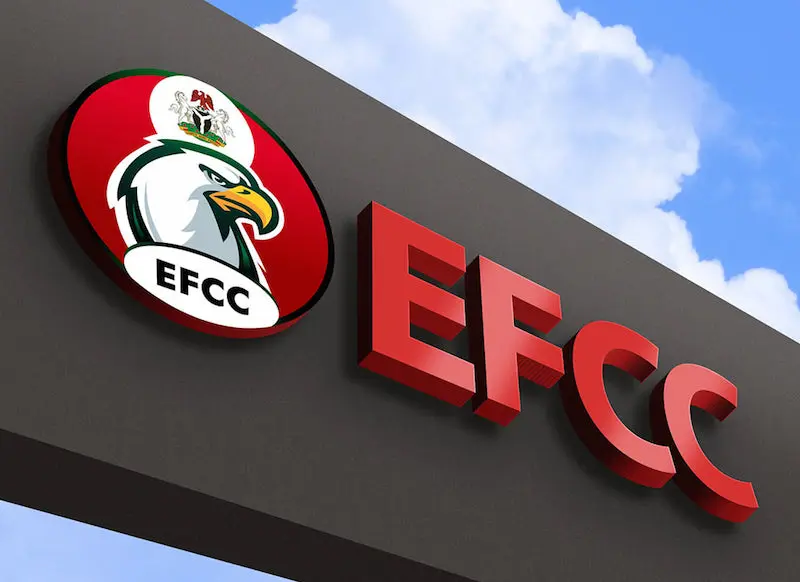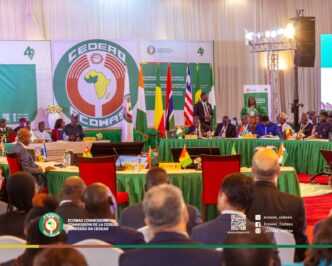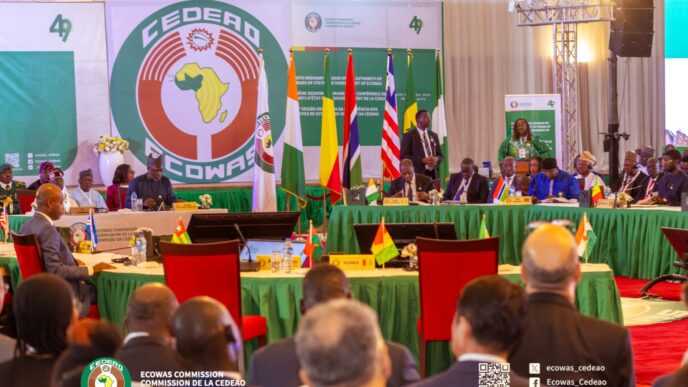The Economic and Financial Crimes Commission (EFCC) achieved a significant milestone with the arrest of 792 suspects allegedly involved in cryptocurrency investment and romance fraud.
The operation, conducted on December 10, 2024, targeted the Big Leaf Building, a seven-story edifice at No. 7 Oyin Jolayemi Street, Victoria Island, Lagos.
Speaking at a media briefing on December 16, 2024, EFCC Chairman Ola Olukoyede, through the Director of Public Affairs, CE Wilson Uwujaren, detailed that the operation apprehended 148 Chinese nationals, 40 Filipinos, two Khazakhstanis, one Pakistani, and one Indonesian. The foreign nationals were accused of training their Nigerian accomplices in online fraud schemes.
Investigators uncovered 500 SIM cards, high-end desktop computers, and mobile devices used to create fake profiles for scamming victims, mainly in the United States, Canada, Mexico, and Europe. The syndicate’s Nigerian recruits were tasked with initiating romantic conversations or phantom investment proposals through platforms like WhatsApp, Instagram, and Telegram.
Victims were directed to a fraudulent investment platform, Yooto.com, where activation fees started at $35. The operation revealed that Nigerian recruits were lured with promises of high pay based on their typing proficiency.
They underwent a two-week training on impersonating foreign females for romance scams before being cut off from further communication once the fraud was executed.
Olukoyede noted, “Foreigners exploit Nigeria’s reputation as a hub for fraud to establish their operations here. However, as this raid demonstrates, there will be no sanctuary for criminals within our borders.”
Acting Lagos Zonal Director Michael Wetkas called for stronger media collaboration in combating financial crimes, highlighting the EFCC’s commitment to eradicating corruption.
Items seized included computers, phones, laptops, and vehicles. The EFCC is working with international partners to investigate the full extent of the operation and the suspects will face charges upon conclusion of the inquiry.
Read More:














